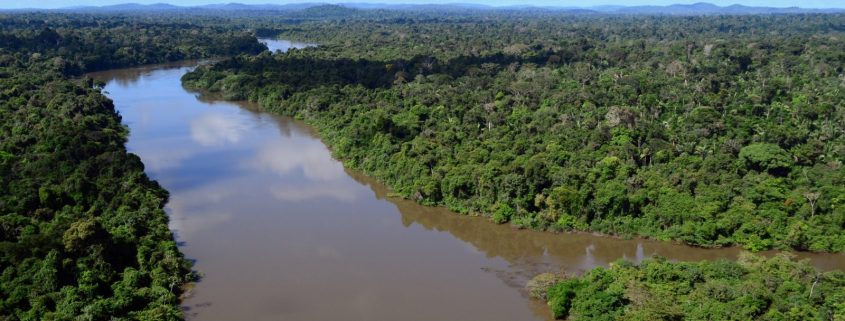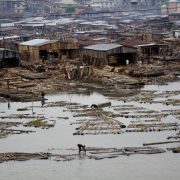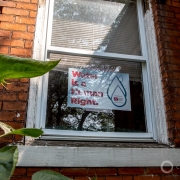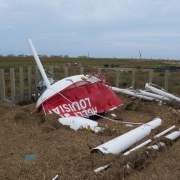HotSpots H2O, August 6: Poorly-Defined Water Rights Spark Disputes Over Brazil’s Rivers
The Rundown
A lack of clarity over who holds the rights to Brazil’s rivers is fueling disputes between industrial leaders, indigenous groups, and the government.
In Brazil’s Sao Paulo state, the country’s energy and transportation sectors are sparring over rights to the Tiete-Parana river. The waterway is a major shipping route for soybeans, corn, and other commodities, but it risks closure during dry spells as water is prioritized for the hydroelectric power sector. The drop in river levels forces barges to lighten their loads or stop transporting goods altogether. In turn, shipping companies lose money and many Brazilians lose their jobs–despite laws that say the river must be shared.
Elsewhere in Brazil, aggressive hydropower development is at odds with the protection of tribal lands. In several parts of the country, dams and reservoirs have permanently flooded indigenous villages, displacing thousands of people. The Brazilian government, with support from China and Europe, plans to build 49 major dams along the Rio Tapajós. Although remote, the Amazonian region is home to indigenous groups who have vowed to stand against the sprawling hydropower project.
“The Brazilian government may call hydroelectric dams clean energy, but it isn’t. It is dirty. It is mixed with our blood and our misery. The government will have to kill us if they want to push ahead with these projects.” –Juarez Saw Munduruku, chief of the Dace Watpu village, in reference to protecting the lands of the Munduruku tribe in Rio Tapajós. The Munduruku have appealed to the United Nations, environmental NGOs, and archeologists in an attempt to establish their ownership of the middle and upper Rio Tapajós region.
By The Numbers
20 months Period that the Tiete-Parana river was closed between 2014 and 2016 due to drought. Transportation companies lost an estimated $270 million during the closure, and 1,600 people lost their jobs.
8.91 million tons Cargo that was transported on the Tiete-Parana waterway in 2017, according to Sao Paulo state.
65.2 percent Proportion of Brazil’s electricity that came from hydropower in 2017.
20,000 People who were displaced when the reservoir of Brazil’s Belo Monte Dam, the fourth-largest hydropower project in the world, was filled in 2015.
49 Dams planned along the Rio Tapajós and its tributaries. If completed, the dam network would boost Brazil’s energy supply by 25 percent.
950,000 hectares Amazon forest that would be cleared for the Rio Tapajós dam network. In addition to devastating the environment, the project poses a major threat to indigenous lands and livelihoods.
57 Land and environment defenders who were killed in Brazil in 2017. According to a report by Global Witness, 80 percent of the deaths occurred while trying to protect parts of the Amazon.
On The Radar
After months of low rainfall, water levels along the Tiete-Parana are faltering once again. As the likelihood of closure increases, experts are calling on lawmakers to clarify who has rights to the river, particularly in times of drought.
Along the Rio Tapajós, local and environmental opposition, along with Brazil’s financial struggles, have stalled hydropower development for now. Yet with the country’s electricity demand continuing to grow, the project remains a possibility.
Resources and Further Reading
In context reporting from Circle of Blue: 2017 Was Deadliest Year for Environmental Activists
Brazil’s mega hydro plan foreshadows China’s growing impact on the Amazon(The Guardian)
How a Dam Building Boom Is Transforming the Brazilian Amazon (Yale Environment 360)
Water scarcity stirs debate over who owns Brazil’s rivers (Thomas Reuters Foundation)
Kayla Ritter is a recent graduate of Michigan State University, where she studied International Relations and Teaching English to Speakers of Other Languages. She is currently based in Manton, Michigan. Kayla enjoys running, writing, and traveling. Contact Kayla Ritter












Leave a Reply
Want to join the discussion?Feel free to contribute!